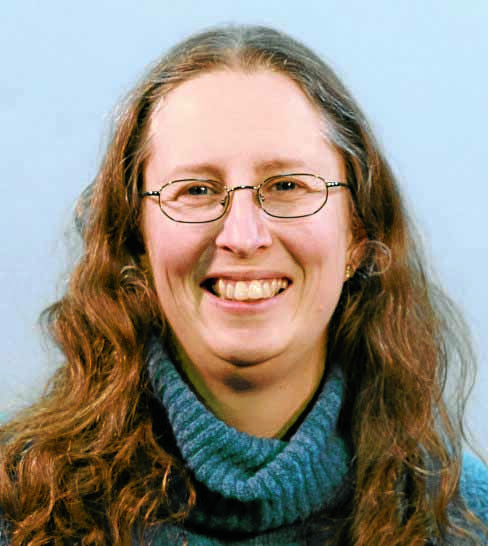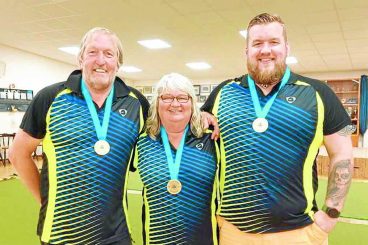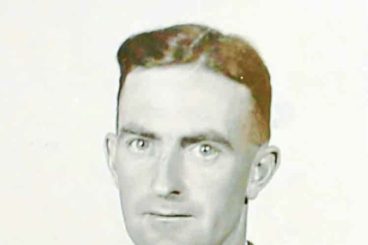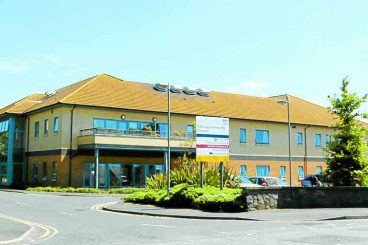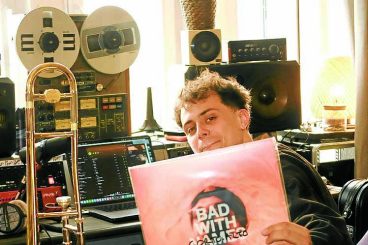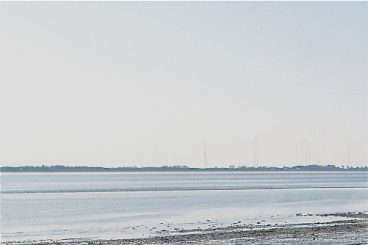THE power of Robert Burns’ poetry set to music, particularly for psychiatric care, is being explored by Open University senior lecturer in music, Dr Rosemary Golding, above.
She notes that the Bard’s poetry and music are deeply connected, with many poems written to be sung to existing folk melodies, while others were set to new melodies within his lifetime and published either during that period or shortly after.
The first Burns Night, held only five years after his death, helped to establish the important place of songs using Burns’ poetry in the Scottish musical world, says the doctor.
She added: “My recent research has investigated some new aspects of that musical world, helping to show just how pervasive and influential musical settings of Burns’ poems were.
“I have been exploring the role of music at The Crichton Royal Institution. At The Crichton, music was established early on as an efficient and effective way of entertaining and occupying patients.”
In The Crichton archives she found scrapbooks of concert programmes, which helped her chart how music was used, from visiting bands and performers to staff and patients putting on concerts, and forming their own band.
“One of the key features I’ve noticed in these concerts is the inclusion of Burns songs. This is hardly surprising – after all, Burns was in fact buried in Dumfries just down the hill from the Crichton site,” she said.
Dr Golding revealed that among the earliest named pieces performed there, in 1843, was the song ‘John Anderson, my Joe’, a text written by Burns to an old folksong.
She added: “We might imagine many patients and staff joining in the well-known songs, bringing a sense of camaraderie and shared identity to the institution. Yet there are also some hints that Scottish music had a particular importance to the work of The Crichton.
“These also reflect parallels with some of the ways music is used in the present day to make connections and improve the lives of patients living with mental health illnesses and other conditions such as dementia.”
This effect was also noted by the Crichton’s lead physician, Dr William Browne, who said: “A lady after hearing Scotch music retired to bed degraded, mute, fatuous; she arose next morning and remained permanently of right and rational mind, quietly remarking to the physician that the banks and braes o’ bonny Doon had awakened her.”
Dr Golding concluded: “There is no doubt that music has the power to evoke strong emotions and memories, particularly music that is closely connected with elements of our identity, feelings of place, traditions or recollection of childhood.
“In the 19th century – as today – music had the capacity to bring us together in a sense of community and history.”





